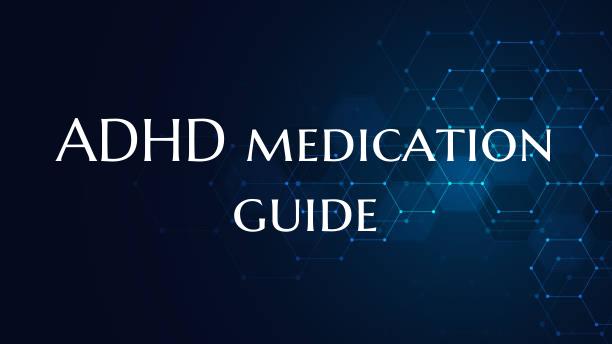
ADHD medication guide
Attention Deficit Hyperactivity Disorder (ADHD) is a neurodevelopmental disorder that affects both children and adults. Managing ADHD can be challenging, but medications can be a helpful tool in treatment. Various medications can help control symptoms such as hyperactivity, impulsivity, and inattention. This ADHD medication guide aims to provide an overview of commonly prescribed medications, their benefits, side effects, and important considerations.
1. Stimulant Medications: - Stimulant medications are often the first-line treatment for ADHD. They work by increasing the levels of neurotransmitters in the brain, improving focus and impulse control. - Common stimulant medications include methylphenidate (e.g., Ritalin, Concerta) and amphetamines (e.g., Adderall, Vyvanse). - Benefits: Stimulant medications can improve attention span, decrease impulsivity, and help with hyperactivity. - Side Effects: Common side effects may include decreased appetite, trouble sleeping, and potential for increased heart rate and blood pressure. - Important Considerations: Regular monitoring by a healthcare provider is essential to determine the right dosage and monitor for any side effects.
2. Non-Stimulant Medications: - Non-stimulant medications are another option for individuals who do not respond well to stimulants or experience intolerable side effects. - Atomoxetine (Strattera) is a non-stimulant medication commonly prescribed for ADHD. - Benefits: Non-stimulant medications like atomoxetine may be preferred for individuals with a history of substance abuse or certain cardiovascular issues. - Side Effects: Side effects may include upset stomach, dizziness, and potential for liver problems. - Important Considerations: It may take several weeks for non-stimulant medications to show full effectiveness, so patience and consistent use are essential.
3. Other Medication Options: - In some cases, healthcare providers may prescribe other medications, such as alpha-2 adrenergic agonists (e.g., guanfacine, clonidine) or antidepressants, to manage symptoms of ADHD. - Benefits and side effects of these medications can vary, so discussing individual needs and concerns with a healthcare provider is crucial.
4. Managing ADHD Medication: - Effectiveness of ADHD medications can vary from person to person, and finding the right medication and dosage may require some trial and error. - It is essential to follow the prescribed dosage and schedule, communicate any concerns or side effects to the healthcare provider, and attend regular follow-up appointments. - Medication should be part of a comprehensive treatment plan that may also include therapy, lifestyle modifications, and support from family and educators.
In conclusion, ADHD medications can play a valuable role in managing symptoms and improving daily functioning for individuals with ADHD. However, it is crucial to work closely with healthcare providers to find the most suitable medication and dosage, monitor for any side effects, and ensure a holistic approach to treatment. Remember, every individual is unique, and what works best for one person may not necessarily work for another.